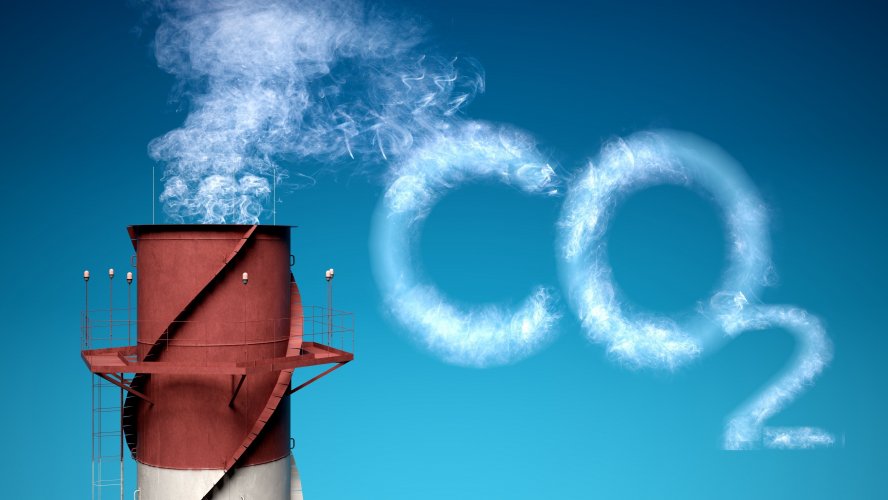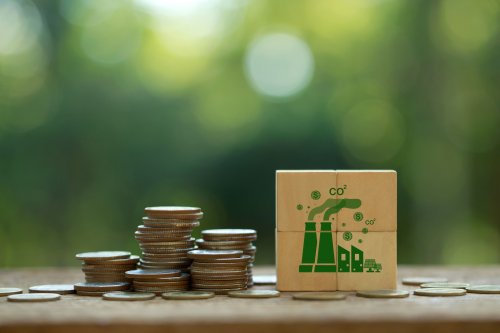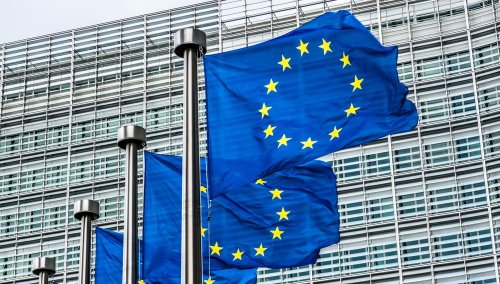The Committee for the Environment in the European Parliament has voted for the Carbon Border Management Mechanism (CBAM) and the reform of the Emissions Trading Scheme (ETS), which are tools to achieve EU climate targets under the Fit for 55 package.
The Ecocommittee accepted the proposals of the chief negotiator from the Netherlands, Mohammed Chahim (PvdA), by a majority vote, reports EURACTIV. This decision must be confirmed by a vote at the plenary meeting in June.
With this decision, the Committee for Environmental Protection approved a new CBAM tax on CO2 emissions for imported products. It also makes imported fertilizers from non-EU countries more expensive.
"It doesn’t matter where they produce, who pollutes must pay. This is the simple but powerful principle that has inspired the hard work on the Carbon Border Adjustment Mechanism (CBAM), which the environment committee has just approved. We took an important step that shows the European Parliament wants an ambitious and future-proof CBAM," said Mohammed Chahim, Social Democrat S&D vice president and CBAM speaker.
At the same time, the committee did not support the proposal to separate the already developed methods for measuring "carbon farming" from the latest technologies for measuring the storage capacity of all types of "land use". This would deprive farmers of the opportunity to receive EU subsidies for the construction of forests and hedges.
In fact, the EU is expanding the current Emissions Trading System (ETS) to the whole world. This is a measure to reduce global greenhouse gas emissions. Aluminium, steel, cement, fertilizers and electricity will soon also fall under this mechanism.
Also, free emissions rights still received by European industry will be canceled more quickly. At the suggestion of Chahim, the chemical industry will soon be subject to this.
“CBAM is in fact one of the few mechanisms the EU can rely on to incentivise our trading partners to decarbonise their manufacturing industry globally. This is going to be a crucial pillar of the European climate policies that will also prevent distortive unfair competition among EU and Non-EU industries", Chahim said. "We all live on one planet. If you pollute, no matter where you emit, you will have to pay for your pollution at the border to enter the European market. This is a race, a race to decarbonise and go globally green"
Before EcoPolitics reported that European Parliament Committee on the Environment as part of the Fit for 55 climate package, supported the proposal of the European Commission to ban the sale and registration of gasoline and diesel cars from 2035.





